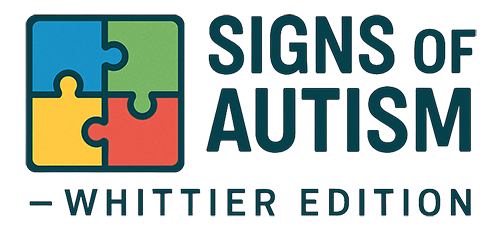Archives
Recognizing Early Autism Signs: A Guide for Parents
SIGN UP FOR OUR NEWSLETTER
Recognizing Early Autism Signs: A Guide for Parents |
Understanding the Indicators and Importance of Early Detection |
Autism Spectrum Disorder (ASD) is a developmental condition that affects social interaction, communication, and behavior.
Recognizing early autism signs is crucial for timely intervention and support.
Early indicators of autism can manifest in various ways.
For instance, by six months, a child might exhibit limited eye contact or not respond to their name.
By twelve months, they may not engage in back-and-forth gestures like waving or pointing.
Additionally, repetitive behaviors such as hand-flapping or rocking can be observed.
It's important to note that these signs can vary widely among children.
Some might display all these behaviors, while others may show only a few.
Therefore, professional evaluation is essential for an accurate diagnosis.
Early detection of autism signs allows for interventions that can significantly improve a child's development.
Therapies focusing on communication skills, social interactions, and behavioral strategies are more effective when started early.
Parents and caregivers play a pivotal role in observing and noting any developmental concerns.
Consulting with healthcare professionals when such signs are noticed ensures that children receive the necessary support promptly.
In summary, being vigilant about early autism signs and seeking timely professional advice can make a profound difference in the lives of children with ASD.
Early intervention paves the way for better outcomes and a brighter future.
|

